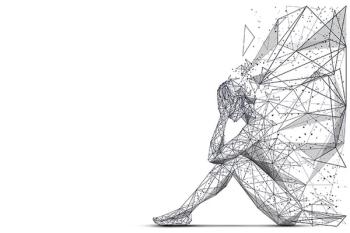
Study supports evidence for long-term impairment in memory, executive function.

Study supports evidence for long-term impairment in memory, executive function.
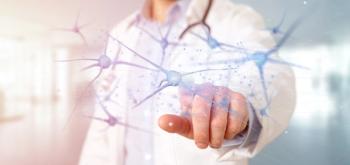
Individuals with depression may be at a greater risk to develop late-onset Alzheimer disease, but a new study suggests depression onset may help predict Alzheimer disease.

In this CME article, learn about the best ways to assess depression in the geriatric population.
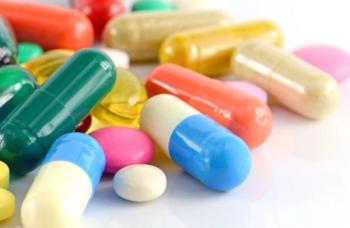
Results are clinically significant for the treatment of patients with major depressive disorder.
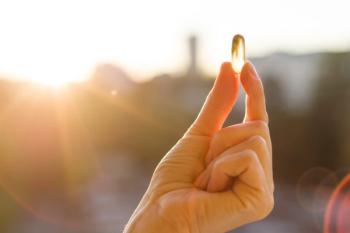
Are lower vitamin D levels in women related to depressive mood?
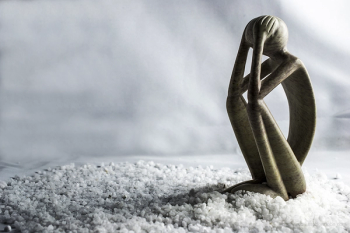
Investigators have launched a 3-year study to develop predictive models that will help identify better treatment plans for patients with depression.
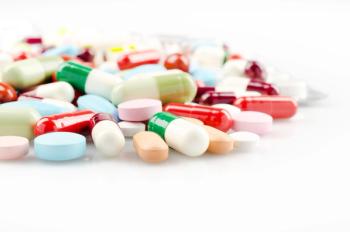
If approved, this will be the fourth indication for the drug, joining its approvals for episodes associated with bipolar I disorder and schizophrenia.

A new study showed zuranolone treatment in patients with major depressive disorder demonstrates a rapid and statistically significant reduction in depressive symptoms.
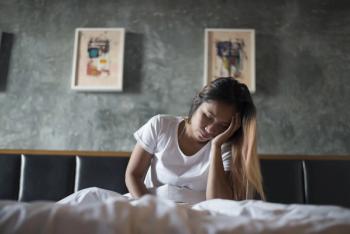
Study also suggests link between postpartum depression and insomnia.

Data from a clinical program evaluating the efficacy and safety of zuranolone was presented at the American College of Neuropsychopharmacology Congress. What new developments did they share?

Research also shows increased prevalence of social risks and unmet social needs.
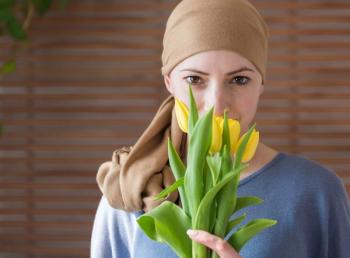
Results suggest that psilocybin therapy may prove to be helpful in improving quality of life for patients with cancer.

New Drug Application to be submitted for MDD in late 2022, with separate filing for PPD planned for early 2023.

How to regulate circadian rhythms and regulate mood using dark therapy.

Sheldon Preskorn, MD, shares insights into drug mechanisms and delivery to better help patients with major depressive disorder.
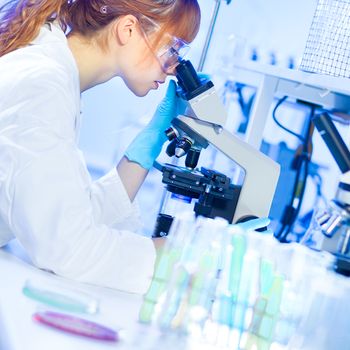
Bringing science to the practice of psychiatry has been the personal goal of Sheldon H. Preskorn, MD—the Educator of the Year.
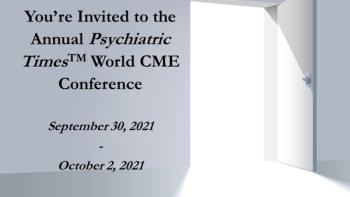
At the Annual Psychiatric Times World CME Conference, an all-star lineup of presenters will share their latest research. Check out this preview of the full agenda.
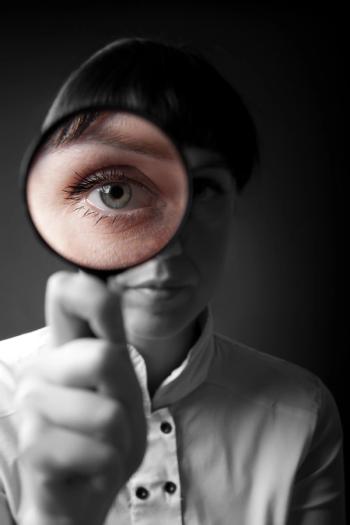
After a string of disappointing results, mirtazapine gets another look in a recent study.
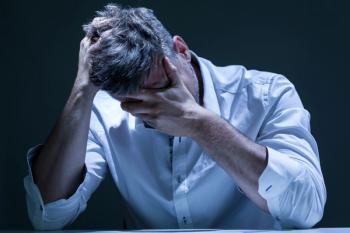
How can clinicians distinguish between ordinary grief, depression, and prolonged grief disorder?
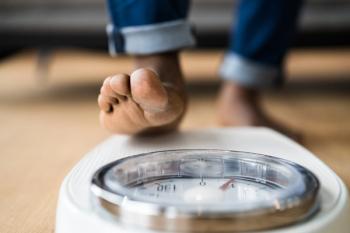
What are the risk factors for and prevalence overweight and obesity in patients with first-episode drug-naïve major depressive disorder?

Could the emerging field of epigenetics hold the key to catching postpartum depression before it happens?


Blue light is associated with a host of physical health maladies, including obesity, diabetes, and cancer. But what does it do to patients with depression or bipolar disorder?
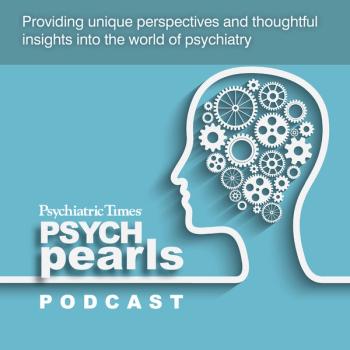
A deep dive into the history, side effects, and efficacy of a controversial drug.
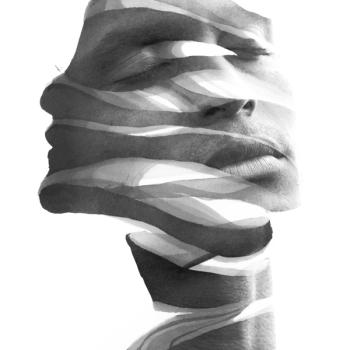
If approved, SLS-002 would be only the second approved product for ASIB.